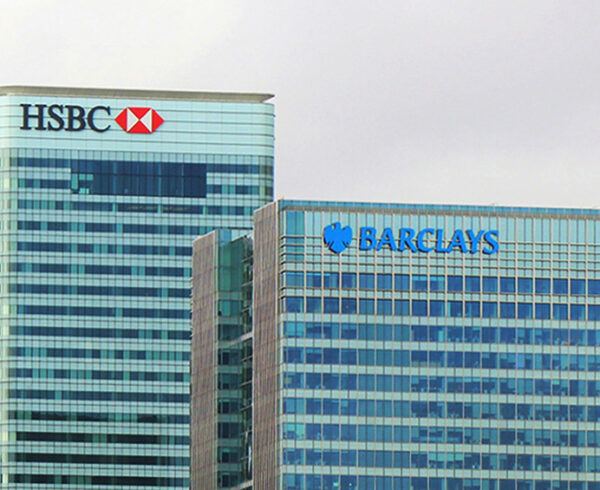With the rising cost of living, many people are turning to payday and doorstep loans like Morses Club, Greenwood Personal Credit, Loans at Home and Compton Finance to supplement their incomes and cover urgent purchases.
While loans offered by these short-term credit companies may only be for a relatively low amount – usually under £1,000 – the interest charged is often incredibly high, with customers paying back significantly more than they have borrowed. In some circumstances, due to irresponsible practices on the part of lenders, this can result in borrowers falling into a vicious lending cycle that is difficult to escape.
Using the example stated on the Morses Club website, a £300 loan repaid weekly at £15 for 35 weeks would result in a customer paying a total of £525 – £225 worth of interest.
Are doorstep and payday loans legal?
Doorstep loans are completely legal in the UK and regulated by the Financial Conduct Authority (FCA). As such, they have strict rules and guidelines to follow. Many also belong to the Consumer Credit Association (CCA)
If you would like more information on mis-sold doorstep loans including how to make a claim you can read our detailed doorstep loan claims page.
Doorstep loans should be offered responsibly
Like all regulated lenders, doorstep loan companies like Morses Club have a responsibility to make sure that the loans they’re offering are reasonable and fair.
Lenders must carry out reasonable checks on all customers before issuing a loan offer. What is reasonable comes down to the circumstances of the customer and the details of the loan offered. If a customer is applying for their first loan with a lender and states that they have a sufficiently large income, then they may warrant lesser checks compared with somebody who has a low income and has requested several loans back-to-back.
According to the Financial Ombudsman Service (FOS), several points are considered when determining whether a lender has acted responsibly.
- Did the lender complete adequate and proportionate checks to make sure the customer is able to repay their loan without issue?
- If the checks were carried out to a suitable standard, was the offer fair to the customer?
- If the checks were not carried out to a suitable standard, what would a suitable standard have been?
- If the customer applied for or was offered an increase in credit or an additional loan, should the lender have identified that the customer’s level of debt was unsustainable or harmful?
- Were the actions of the lender unfair or harmful in any other way?
The Financial Ombudsman Service website includes a number of previous case decisions, examining the history of a customer’s loan(s), the procedure of the lender, and the FOS’s ultimate decision regarding the complaint.
At present, 110 of the 179 complaints against Morses Club have been upheld. 5 out of 13 complaints against Greenwood Personal Credit have been upheld, and 321 of 782 complaints against Provident, Britain’s former largest doorstep loan provider, were upheld.
David Whelan, a trainee solicitor at CEL Solicitors who handles financial mis-selling claims, including doorstep loans, said:
“Doorstep loans can often be the only choice for those with a poor credit history who need a loan over a short amount of time. Unfortunately, there are many instances of doorstep loan companies using bad practices and issuing unaffordable loans to customers, causing harm, and forcing them into a cycle of debt. Fortunately, there are protections in place to help victims of irresponsible loans regain stability.”













